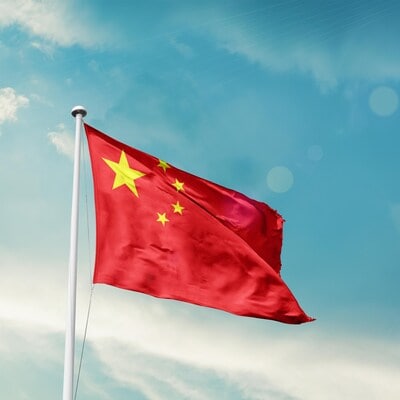China Launches Anti-Dumping Probe Against EU Pork Imports Amidst Trade Tensions
China has initiated an anti-dumping investigation targeting imported pork and its by-products from the European Union, a move that is seen as a response to restrictions on China’s electric vehicle exports. The investigation, announced by China’s commerce ministry on Monday, will specifically focus on pork products intended for human consumption, including fresh, cold, and frozen cuts, as well as pig intestines, bladders, and stomachs. This probe is set to commence on June 17.
The complaint that triggered this investigation was lodged by the China Animal Husbandry Association on June 6, representing the domestic pork industry, as per the ministry’s statement. In light of the European Commission’s recent decision to impose anti-subsidy duties on imported Chinese cars starting July, global food companies have been on high alert for potential retaliatory tariffs from China.
With reports from state-backed media outlet Global Times hinting at forthcoming anti-dumping investigations into European pork and dairy products, tensions between China and the EU have escalated. The European Commission has expressed confidence in abiding by World Trade Organization rules in response to China’s investigation, while Spain has called for negotiations to prevent tariffs on its pork exports to China.
Historically, the EU has been a significant contributor to China’s pork imports, with Spain alone accounting for a quarter of the roughly $6 billion worth of pork imported by China in 2023. The Netherlands and Denmark follow closely behind in pork product exports to China.
China’s commerce minister, Wang Wentao, made a strategic visit to Spain earlier this month in anticipation of the European Commission’s ruling on state subsidies for Chinese electric vehicle manufacturers. Jens Eskelund, president of the European Union Chamber of Commerce in China, emphasized the importance of rules-based trade practices amidst the ongoing trade tensions.
As concerns grow over Chinese industrial overcapacity flooding global markets with cheap products, the EU is taking steps to protect its domestic industries. The use of anti-dumping duties is a common tool to safeguard domestic production against unfair competition, with the current investigation likely to impact the trade dynamics between China and the EU moving forward.
Despite the ongoing investigation, European pork producers are expected to continue exporting to China tariff-free until a final decision is reached. The Chinese commerce ministry has set a deadline of June 17, 2025, for concluding the investigation, with a six-month extension possible if needed.
In a separate development, China’s industrial output in May fell short of expectations, prompting concerns about economic growth as pressures mount on Beijing to stimulate key sectors. Additionally, China and South Korea are set to hold high-level security talks, marking a significant diplomatic engagement between the two countries after nearly a decade.
